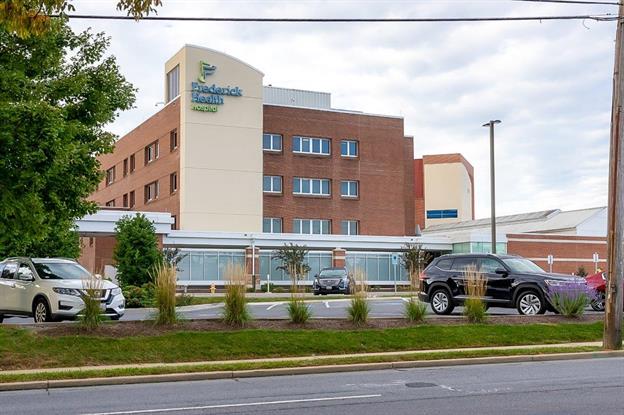Stroke Care
A stroke occurs every 40 seconds.
It is the fifth leading cause of death & the number one cause of disability in the United States. About 795,000 people in the United States have a stroke each year.
What happens during a stroke?
A stroke, sometimes called a brain attack, occurs when something blocks blood supply to part of the brain or when a blood vessel in the brain bursts.
There are two types of stroke:
- Ischemic - occurs when blood clots or other particles block the blood vessels to the brain. Fatty deposits called plaque can also cause blockages by building up in the blood vessels.
- Hemorrhagic - occurs when a blood vessel bursts in the brain. Blood builds up and damages surrounding brain tissue.
Both types of stroke damage brain cells. Symptoms of that damage start to show in the parts of the body controlled by those brain cells and can cause long-term disability or even death.
Who is most at risk?
A stroke can happen to anyone at any time. There are a number of risk factors for stroke – some you can manage and some that are out of your control.
Uncontrolled risk factors include:
- Age: Stroke can occur at any age; 1 out of 5 people who have a stroke are under 55 and your chance of stroke increases as you get older.
- Race: African-Americans, Hispanics and Asian/Pacific Islanders have a higher risk of stroke than people of other races.
- Gender: More women have stroke than men and more women die from stroke than from breast cancer every year.
- Family history: You are at greater risk if a family member has had a stroke.
Manageable risk factors include:
- High blood pressure
- Atrial fibrillation (A-fib)
- High cholesterol
- Smoking
- Diabetes
- Poor circulation
- Lack of physical activity
- Obesity
Stroke Resources
Be FAST
A stroke is a serious medical condition that requires emergency care. Call 9-1-1 right away if you or someone you are with shows any signs of a stroke.
Time lost is brain lost. Every minute counts.
All Frederick Health Services
- Anticoagulation Clinic
- Audiology Care
- Behavioral Health
- Birth Place
- Breast Cancer
- Cancer Care
- Cancer Care - Conditions & Treatments
- Cancer Care - Prevention & Screenings
- Cardiac Catheterization & Electrophysiology Lab
- Cardiac Rehabilitation
- Chest Surgery
- Colorectal Cancer
- Comprehensive Care Center
- CyberKnife Stereotactic Radiosurgery System
- Dental Clinic
- Diabetes
- Ear, Nose & Throat
- Emergency Services
- Employer Solutions
- Endocrine & Thyroid
- Forensic Nursing
- Gastroenterology
- General Surgery
- Heart Care
- Home Care
- Hospice
- Hospitalists
- Imaging
- Infectious Disease
- Infusion Therapy
- Interventional Cardiology
- Knowing the Signs of Sepsis
- Laboratory
- Leukemia Lymphoma
- Lung Cancer
- Medical Group
- Medical Oncology
- Medical Weight Loss
- Neurosciences
- NICU
- Nursing
- Oncology & Hematology
- Orthopedics & Sports Medicine
- Ovarian Cancer
- Pediatric Care
- Physical Therapy & Sports Rehab
- Precision Medicine & Genetics
- Prenatal Clinic
- Primary Care
- ProMotion Fitness
- Prostate & Urological Cancer
- Pulmonary Medicine
- Pulmonary Rehab
- Radiation Oncology
- Skin Cancer
- Sleep Medicine
- Smoking Cessation Program
- Stroke Care
- Stroke Program
- Substance Use
- Supportive & Geriatric Care
- Surgical Care
- Surgical Oncology
- Urgent Care
- Urology
- Vascular
- Virtual Visit
- Walk-in Radiology
- Women's Health
- Wound Care & Hyperbaric Medicine


